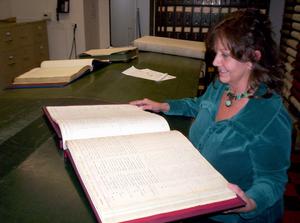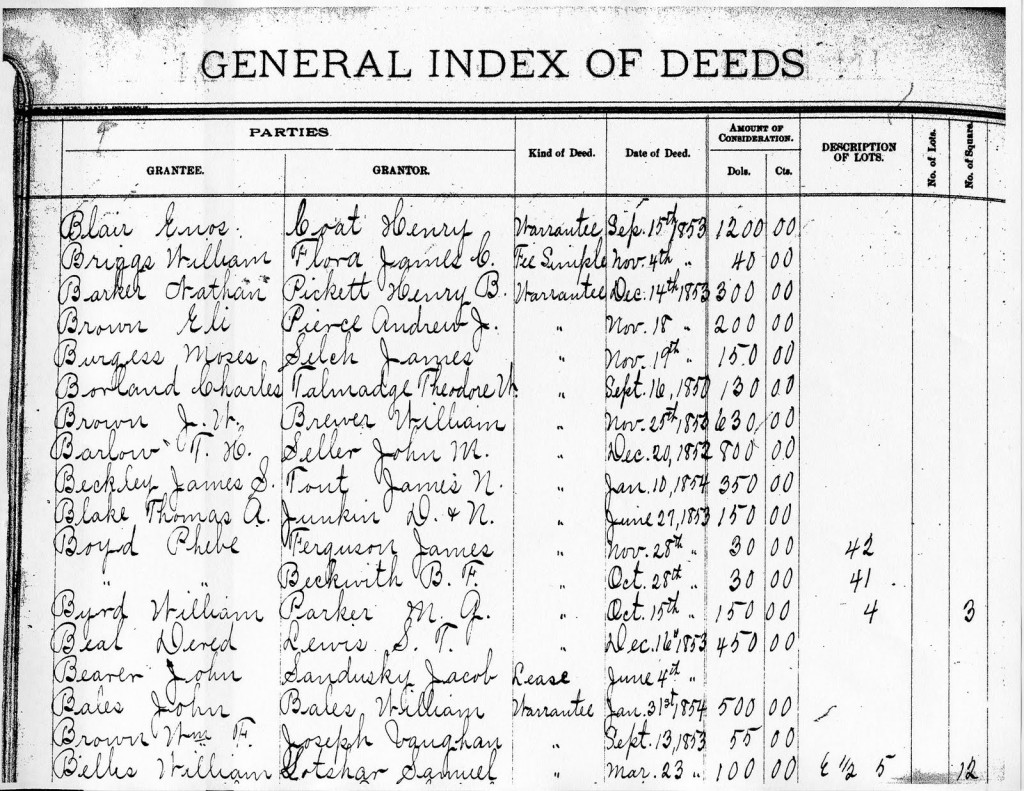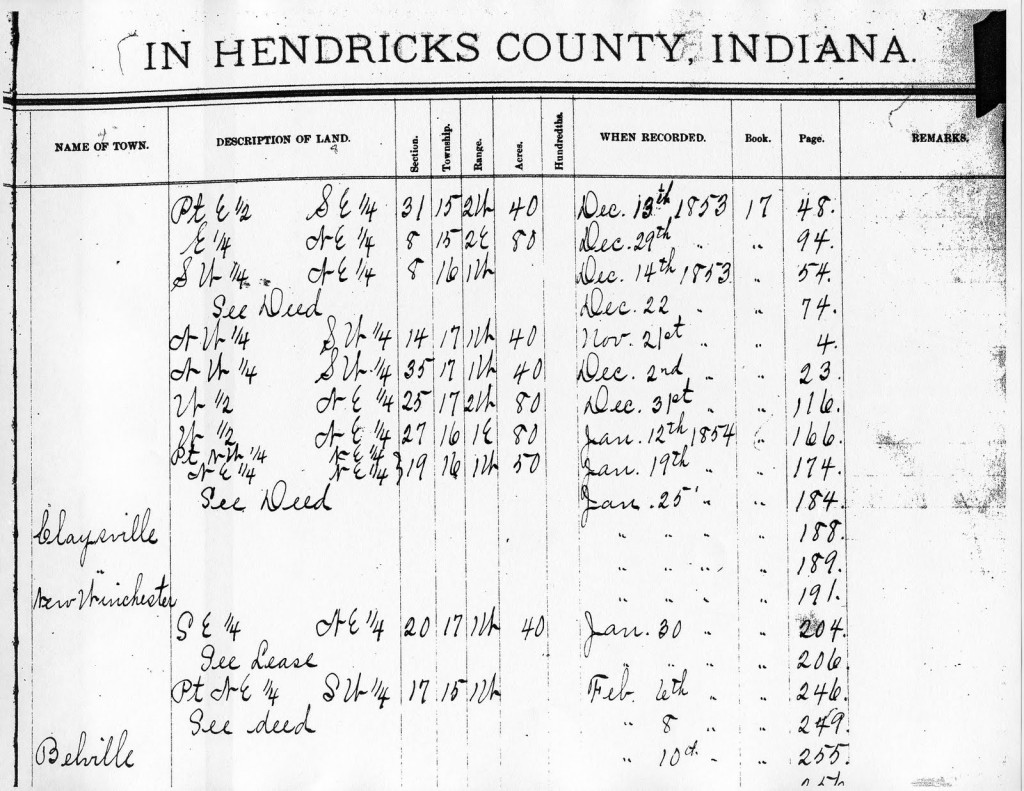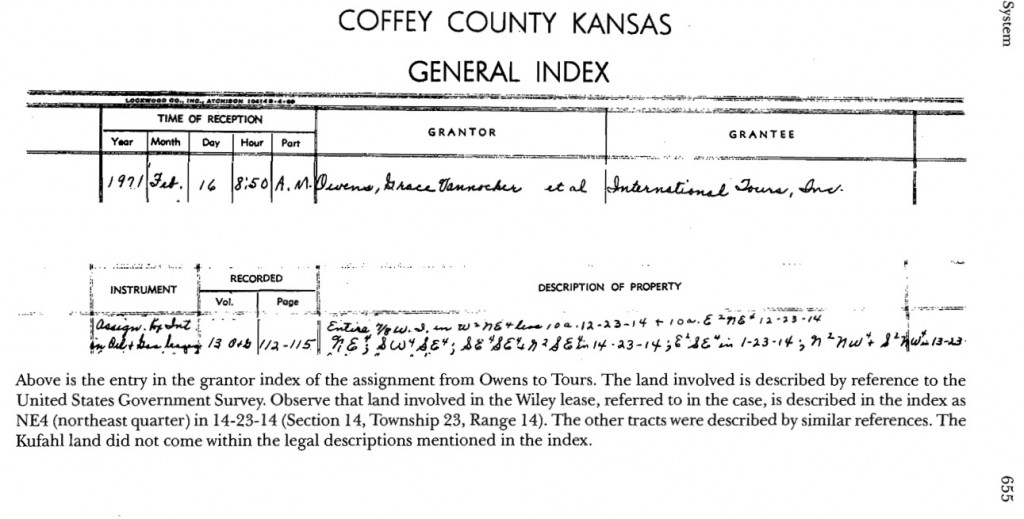For centuries in the United States, all real property transactions have been recorded in two primary types of indexes–(1) Grantor/Grantee Indexes, or (2) Tract Indexes. Both indexes help to convey critical information: who bought and sold a given piece of land, and what interests may exist on that land (liens, mortgages, easements, covenants, etc.). Whenever any land-use deal is made, the transaction is “recorded” in the index. If there are conflicting claims of who owns a piece of property, and two parties may have recorded the same piece of land, recording statutes (Race, Notice, or Race Notice) help to resolve the disputes. In many jurisdictions, this process is still done with paper, but more and more, county registrars are moving towards electronic records.
Our friends in Greece are not so fortunate. In fact, the Times reports that they have no valid scheme to record real property transactions.
In this age of satellite imagery, digital records and the instantaneous exchange of information, most of Greece’s land transaction records are still handwritten in ledgers, logged in by last names. No lot numbers. No clarity on boundaries or zoning. No obvious way to tell whether two people, or 10, have registered ownership of the same property.
As Greece tries to claw its way out of an economic crisis of historic proportions, one that has left 60 percent of young people without jobs, many experts cite the lack of a proper land registry as one of the biggest impediments to progress. It scares off foreign investors; makes it hard for the state to privatize its assets, as it has promised to do in exchange for bailout money; and makes it virtually impossible to collect property taxes.
And not for lack of trying. The Greeks have thrown lots of money at trying to build registries, to no success:
This state of affairs is particularly galling because Greece has thrown hundreds of millions of dollars at the problem over the past two decades, but has little to show for it. At one point, in the early 1990s, Greece took more than $100 million from the European Union to build a registry. But after seeing what was accomplished, the European Union demanded its money back.
Since then, Greece has tried, and tried again. But still, less than 7 percent of the country has been properly mapped, officials say. Experts say that even the Balkan states, recovering from years of Communism and civil war, are far ahead of Greece when it comes to land registries attached to zoning maps — an approach developed by the Romans and in wide use in much of the developed world since the 1800s.
But not in Greece. Here the extent of disputed land is enormous, experts say.
And rather than measuring in metes and bounds, the Greeks measure in olives and donkeys:
Land disputes are less acute in urban centers, where sidewalks, streets and building walls help clarify boundaries. But in the countryside, deeds reflect another era. Boundaries can be the “three olive trees near the well” or the spot “where you can hear a donkey on the path.”
“You had guys who had never been to school — who had 100 sheep — and they would throw a rock a certain distance and say: O.K., that’s mine,” said Mr. Hamodrakas, who in addition to his own problems has handled many landownership cases for clients. “The documents might say ‘from the tree to the stream.’ It is very hard to know what they are talking about.”
His own dispute, he said, arises from the language related to a sale that took place long ago. “The papers say that my great-grandfather bought ‘the threshing floor and the land around it.’ ” But did that mean 50 feet around the threshing floor or 5,000?
Here is some additional information about recording statutes from my class blog post.
Here is a photo of a tract index–the books are huge.
This is what a grantee index would look like (not that the grantee is in the left-most column).
Here is what a tract index would look like.
Texas is a notice jurisdiction (see 12.003).
Sec. 12.003. INSTRUMENT IN GENERAL LAND OFFICE OR ARCHIVES. (a) If written evidence of title to land has been filed according to law in the General Land Office or is in the public archives, a copy of the written evidence may be recorded if:
(1) the original was properly executed under the law in effect at the time of execution; and
(2) the copy is certified by the officer having custody of the original and attested with the seal of the General Land Office.
(b) A court may not admit a title to land that was filed in the General Land Office as evidence of superior title against a location or survey of the same land that was made under a valid land warrant or certificate prior to the filing of the title in the General Land Office unless prior to the location or survey:
(1) the older title had been recorded with the county clerk of the county in which the land is located; or
(2) the person who had the location or survey made had actual notice of the older title.
Remember the Old Mother Hubbard Nursery Rhyme?
Old Mother Hubbard
Went to the cupboard,
To give the poor dog a bone;
When she came there,
The cupboard was bare,
And so the poor dog had none.
This is the Grantor index in Luthi v. Evans.




